About the RBRA
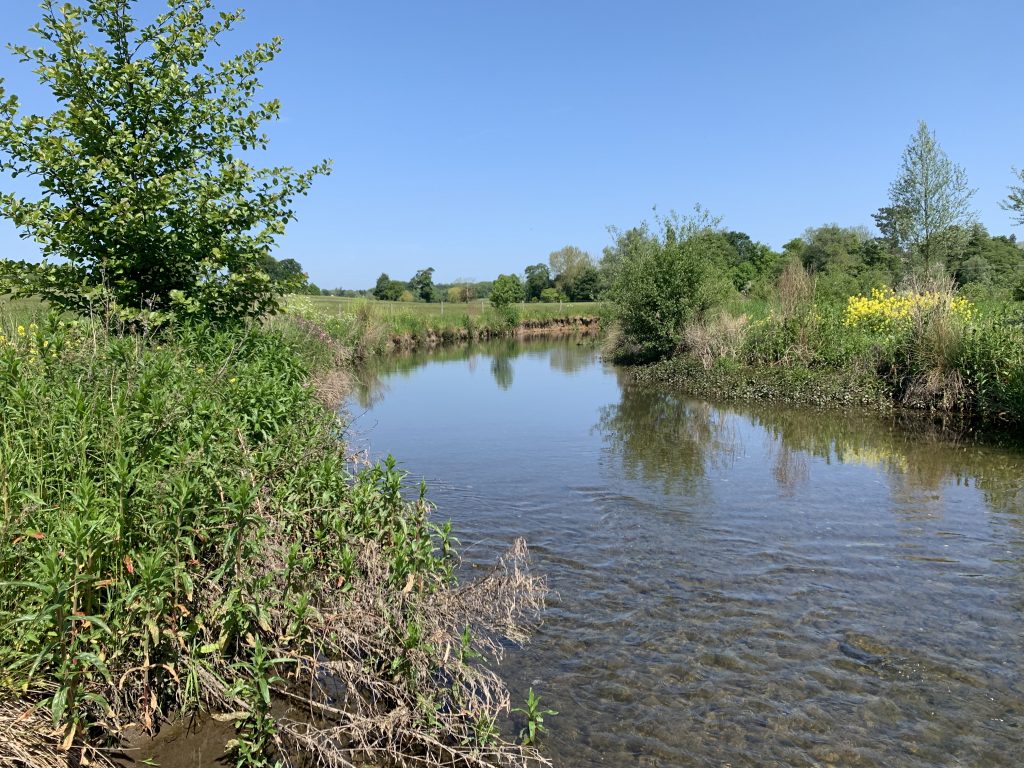
Who we are
The River Beane Restoration Association (RBRA) is entirely volunteer run.
Since our foundation more than 30 years ago we’ve helped bring about a reduction of over 80% in water abstraction from the Beane Valley.
Our citizen scientist volunteers regularly monitor the river for invertebrate life, chemical pollutants and water quality, and our Water Vole surveyors chart the progress of these chalk stream specialists following their reintroduction to the Beane in 2022.
We also have an active volunteer task force addressing issues caused by non-native invasive species such as Himalayan Balsam and Giant Hogweed, and plan to extend our volunteer activities to other practical work along the river.
The River Beane Restoration Association (RBRA) was set up in 1991 after locals living near the river became increasingly concerned about how it dried up north of Watton at Stone most summers. We don’t actually carry out river restoration ourselves: our name reflects the desire to see a restoration of flow to the river. Our main objectives were improving the environment and resolving the low-flow problems of the river.
In the national spotlight
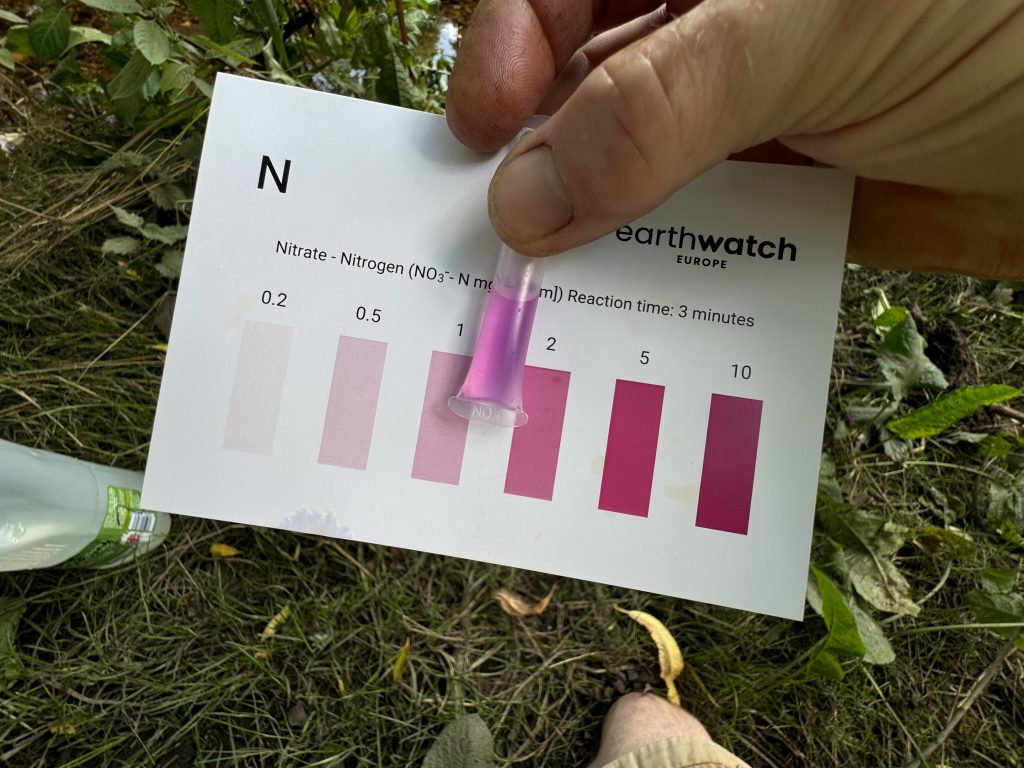
The River Beane played a key role as a national ‘test bed’ for the CaSTCo project and has been selected as one of the flagship demonstrators for the Chalk Streams Recovery Programme – putting our local chalk stream into the national spotlight.

The River Beane played a key role as a national ‘test bed’ for the CaSTCo project and has been selected as one of the flagship demonstrators for the Chalk Streams Recovery Programme – putting our local chalk stream into the national spotlight.
Working in partnership
As a key member of the River Beane Catchment Partnership, we actively work with the Herts and Middlesex Wildlife Trust, the Environment Agency, Thames Water and Affinity Water, the County, District and local councils, landowners and local residents, with an ambition to see the River Beane returned to ‘Good’ ecological status along its whole length.
Read more about this via the Catchment Partnership website.
The RBRA actively campaigned to highlight the issues the river faced and it was included in the National Rivers Authority’s Alleviation of Low Flows (ALF) Programme in 1995.
Since 1996, our volunteers have measured groundwater levels at a series of monitoring boreholes installed by the NRA along the river valley and tracked the impact abstraction was having.
In June 2014, a proposal by Affinity Water to reduce abstraction by 90% was accepted by OFWAT.
A new pipeline to provide water from an alternative source at Sacombe was built and commissioned in April 2017, one year earlier than planned, which allowed for the abstraction at Whitehall to stop almost completely.
A slow but steady improvement in groundwater levels and river flow has followed, although occasionally affected by drier than average seasons. You can see the groundwater data records here.
Be part of our future
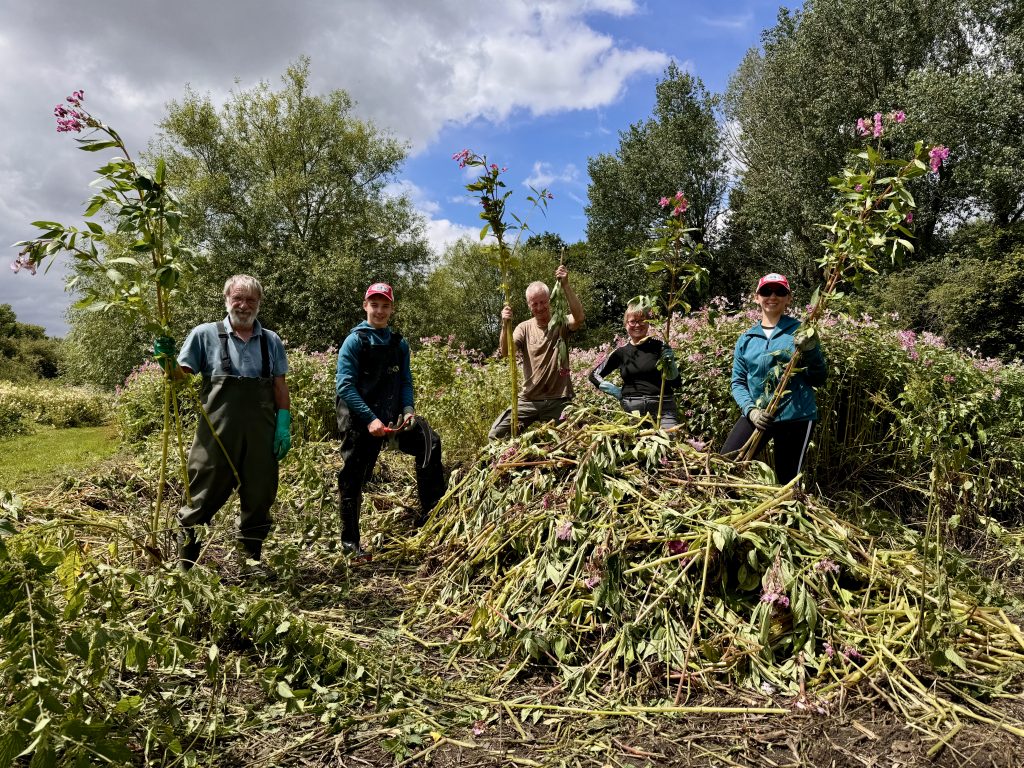
If you would like to get involved by volunteering with us or have other concerns about the river, we’d love to hear from you: do get in touch.
Be part of our future
If you would like to get involved by volunteering with us or have other concerns about the river, we’d love to hear from you: do get in touch.

Come to an event
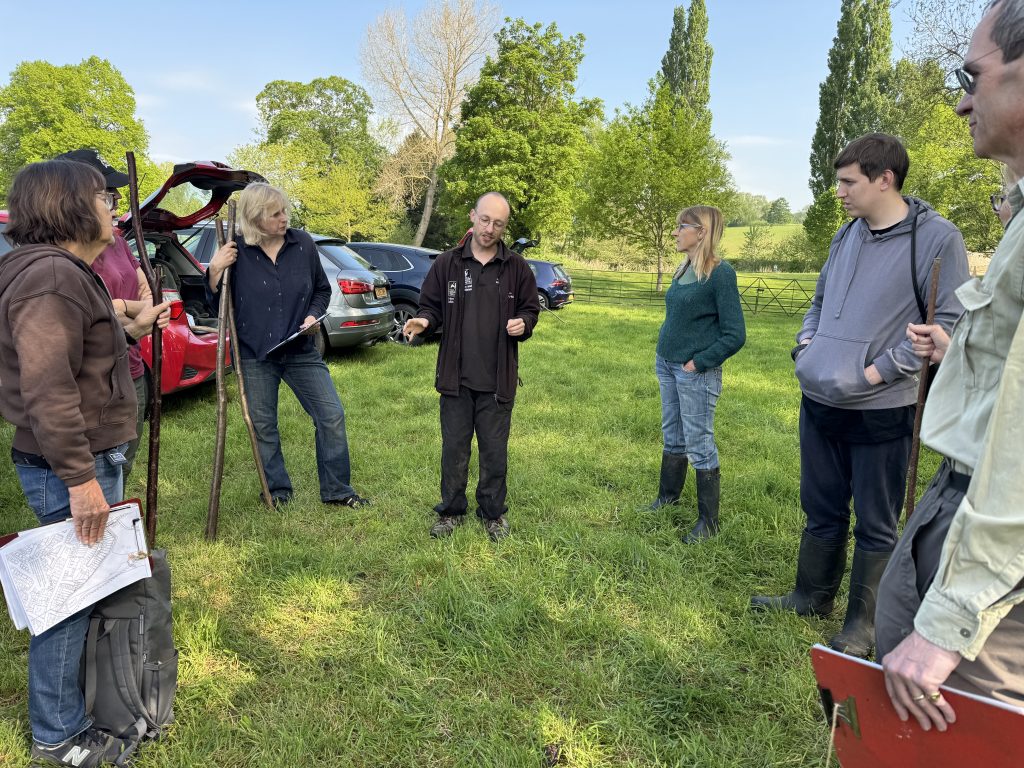

Join the conversation
We’re most active on Facebook. Please follow us there to keep up with all the latest goings on in the RBRA and on the river Beane.
